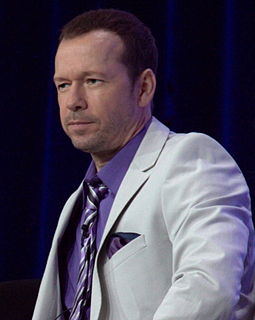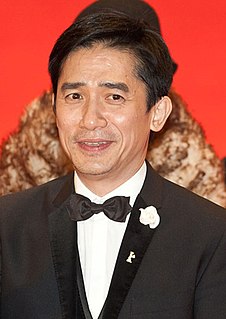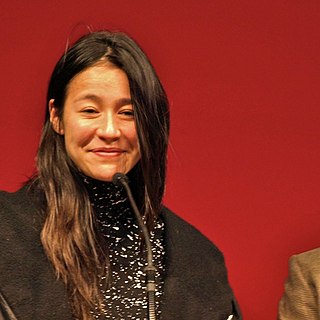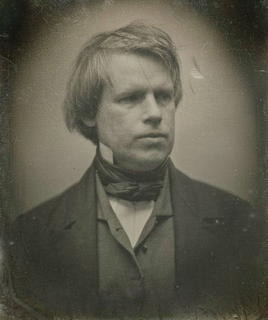A Quote by Peter Jackson
Pre-preproduction is the tenuous time before a project is greenlit; before the studio commits to spending real money. This is the most vulnerable period for any film because it's the time when your project is most likely to be put into turnaround. That's film-speak for killed off.
Related Quotes
As a director, I have to feel realism from actors, and they can't be plastic. The words for me are secondary, but the chemistry between the actors is most important. However, you have to go by the script because it's related to production, otherwise you will not finish your project. My background are acting, film production, directing, and I studied them for many years. Keep in mind that you need many other skills when you are starting any film project related to real life.
Tobin Bell wasn't obligated to do the second Saw film but he wanted to. I think they brought me into this film because there's a first time director, and my reputation is one of an actor who's there for the betterment of the project. I'm not there to better myself. I'm there to bring all my resources to the project to make it as good as it can be. In the end, that makes everyone look good.
In a film, there are dramatic moments and a bunch of different moments that lead up to a dramatic moment. On some songs, I try to paint the picture of before that drama happens, so by the time you get to the end of the project you've experienced infatuation and intimacy before it dives off to drama.
'Glee Project' and 'Glee' have the same spirit, but they're both harder in their own ways. With 'Glee Project,' there's more pressure because you're being judged in everything you do. When you film 'Glee,' you go to the studio and have an off day, and it's OK - you're still going to be there; you take as many chances as you need.
Before writing a single note of music, and even before the spotting session, I find it best to sit down with the director and just listen to him or her talk about the film - what they're trying to say, what they want the audience to understand or believe, and a thousand other similar questions. The director has most likely been living with the film for years before a composer is attached, and so the director's inclinations, desires, and understanding of the film are paramount.
I love mythology and folklore, and I respect the time, money, and opportunity that a film gives to an audience. It's a chance to empathize, reflect, and learn, so I really want to understand before I sign onto a project: 'What's the potential of this thing? What are we seeing and learning? What are we empathizing to?'
You also convert real memories, whatever that means, into film versions of those memories. Because by the time you've finished the project you can't remember the real memories anymore, you just remember the film versions of them. And then if the film failed you have distaste for them. So I don't think about that stuff anymore.
The most difficult thing is that I don't speak Mandarin and I had this experience - of working in a language that I don't understand - before and it's really horrible. Eighteen years ago, I played a mute in one film because I couldn't speak Mandarin. There was another film where I had to speak Vietnamese. It's horrible!
Every period of life has its peculiar temptations and dangers. But youth is the time when we are most likely to be ensnared. This, pre-eminently, is the forming, fixing period, the spring season of disposition and habit; and it is during this season, more than any other, that the character assumes its permanent shape and color, and the young are wont to take their course for time and for eternity.
The one mistake you must never make is to agree to make a film or sign on to film that you don't believe in. Most importantly because it's unfair on that. It's not about you; it's just not fair on that project because you're doing it a profound disservice because you're not serving it - you're uncommitted, ultimately.





































